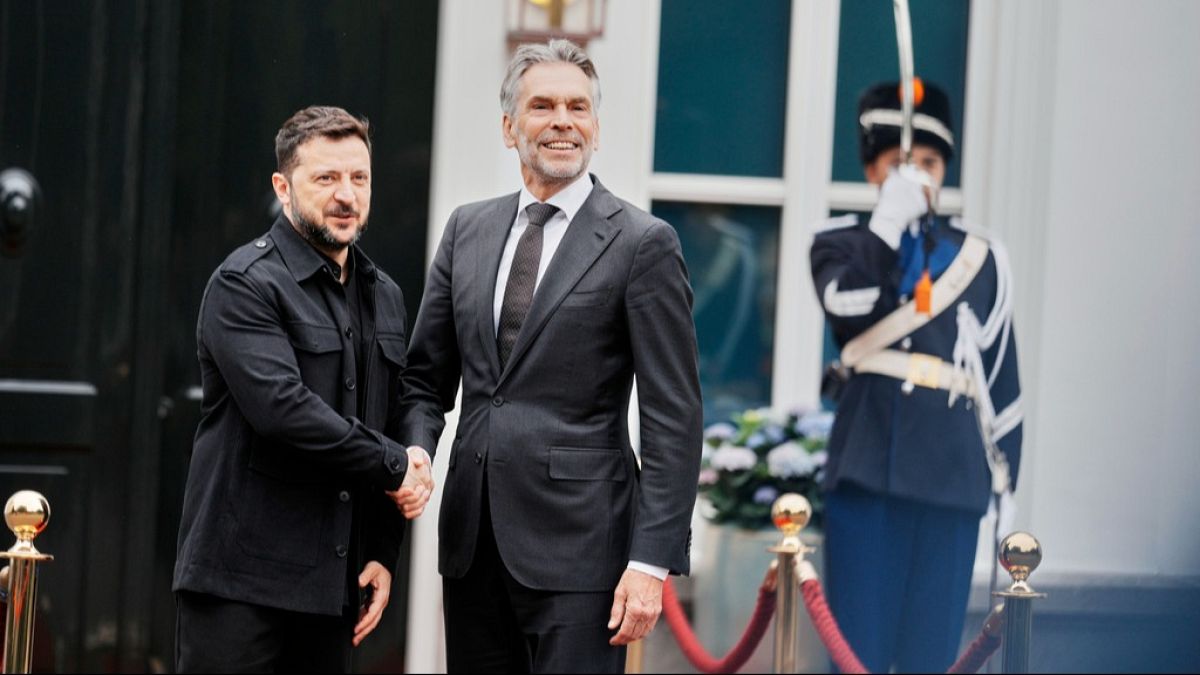

In an evolving global landscape, recent developments in Ukraine, Israel-Gaza, and US diplomatic efforts are showcasing significant initiatives and reactions. Each region is experiencing pivotal moments that could shape future diplomatic and military actions, highlighting the interconnected nature of today’s geopolitical climate.
Ukraine Bolsters Defense with New NATO Initiative
The Netherlands has taken a leading role in a fresh NATO initiative by providing Ukraine with a critical package of US weapons. This marks a substantial support measure for Ukraine amid its ongoing defense against Russian aggression. By leveraging this new NATO framework, the Netherlands aims to bolster Ukraine’s military capabilities, showcasing a commitment to not only strengthening alliances but also ensuring stability in Eastern Europe.
Meanwhile, in a proactive move against Russian military assets, Ukraine successfully targeted an airfield in annexed Crimea. The strike, which hit five Russian fighter jets, was a tactical response to the ongoing threats and underscored Ukraine’s resilience and strategic defense planning. These actions reflect an ongoing effort to counter Russian military operations that have routinely targeted Ukrainian territories.
Israel-Gaza Situation: Decisions and Diplomacy
In the Middle East, the situation between Israel and Gaza is undergoing significant shifts. Israeli Prime Minister Benjamin Netanyahu has expressed strategic intentions to fully reoccupy Gaza, a move indicative of an enlarged military offensive. As part of a broadening military strategy, this decision highlights Israel’s security considerations in the region.
In parallel, Israel’s government is contemplating reopening economic channels with Gaza to alleviate dependency on humanitarian aid. Such measures aim to ease tensions by allowing limited private sector trade, a move being carefully orchestrated by Israel’s defense ministry to ensure strict security compliance.
US Political Landscape and Middle Eastern Dynamics
In another significant development, more than a dozen Democratic members of the United States Congress have advocated for the recognition of Palestinian statehood through a formal letter to the Trump administration. Spearheaded by Congressman Ro Khanna, this initiative represents a political effort to support Palestinian rights and encourage peaceful resolutions in the region.
Simultaneously, Speaker Mike Johnson’s visit to the occupied West Bank underscores the US’s enduring commitment to its ally, Israel. The House Speaker’s support for Israeli settlers demonstrates continued diplomatic backing, yet the visit has drawn mixed reactions, emphasizing the delicate balance of international relations.
Amid these complex scenarios, the interconnected political and military developments in Ukraine, the Israel-Gaza conflict, and US diplomatic actions reflect a world in transition. Countries are navigating intricate landscapes with strategic decisions that not only address their immediate concerns but also shape global geopolitical dynamics.
Source: {link}
